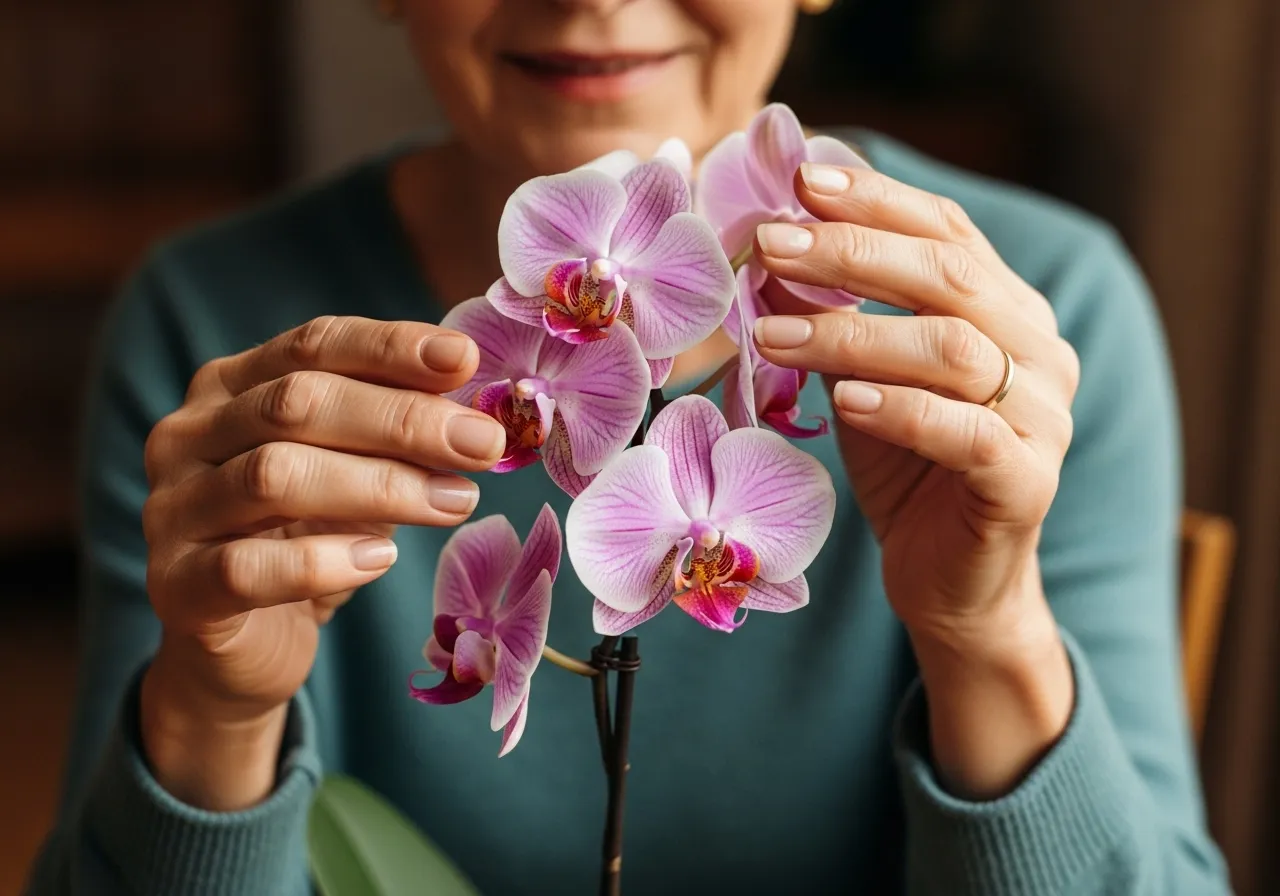
The Elephant in the Room: Navigating Physical Changes
Let’s be direct: our bodies change as we age. It’s a fact of life. Hormones shift, energy levels fluctuate, and chronic conditions can appear. Acknowledging these changes without judgment is the first step toward adapting your intimate life in a way that feels good for both you and your partner. These are not failures; they are simply new realities to work with creatively and compassionately.
For Women: Menopause and Beyond
The decrease in estrogen after menopause can lead to physical changes that directly impact sex. The most common is vaginal atrophy, which can cause dryness, thinning of the vaginal walls, and loss of elasticity. This can make intercourse uncomfortable or even painful.
What you can do: The solutions here are often straightforward and highly effective. High-quality, water-based or silicone-based lubricants are essential and should be used generously. Don’t be shy about it! Think of it as a tool for comfort, just like reading glasses. For more persistent dryness, over-the-counter vaginal moisturizers (used regularly, not just during sex) can help restore tissue health. Pelvic floor exercises can also improve blood flow and muscle tone. Most importantly, talk to your gynecologist or primary care doctor. They can discuss options like low-dose vaginal estrogen creams or rings, which are highly effective and safe for many women.
For Men: Erectile Changes
Changes in erectile function are extremely common as men age. It might take longer to get an erection, erections may be less firm, or you might need more direct stimulation. The “refractory period”—the time it takes to be able to have another erection after orgasm—also naturally lengthens. Conditions like heart disease, diabetes, and high blood pressure, along with their medications, can also contribute to erectile dysfunction (ED).
What you can do: First, take the pressure off. A fulfilling sex life does not have to revolve around a perfectly firm erection. Focus on the other forms of intimacy we’ve discussed. Patience and communication are your greatest allies. Let your partner know what kind of touch feels good. If ED is a persistent concern, a conversation with a doctor is a proactive and courageous step. There are many effective treatments available, from oral medications to other therapies, and a physician can help you find what’s right for your specific health profile.
General Health and Energy
Chronic pain from arthritis, fatigue from a health condition, or side effects from medications can all impact desire and ability. It’s easy to feel frustrated when your body doesn’t cooperate with your mind’s desires. This is where adaptation becomes an art form.
What you can do: Plan for intimacy. Choose a time of day when you both typically have more energy—perhaps in the morning after a good night’s rest, rather than late at night. Experiment with positions that put less stress on sore joints; for example, spooning or other side-lying positions can be very comfortable. And above all, communicate. A simple, “My hip is a bit sore today, could we try this instead?” is an act of self-care and helps your partner understand your needs.
A Note on Body Image
Wrinkles, scars, changing shapes—our bodies tell the stories of our lives. It can be challenging to feel sexy in a body that doesn’t look the way it did at 30. Practicing self-compassion is crucial. Focus on what your body *can* do and the pleasure it can feel. Compliment your partner sincerely, not just on their appearance, but on their spirit, their kindness, or the way they make you feel. This fosters an atmosphere where you both feel cherished for who you are, not just what you look like.
